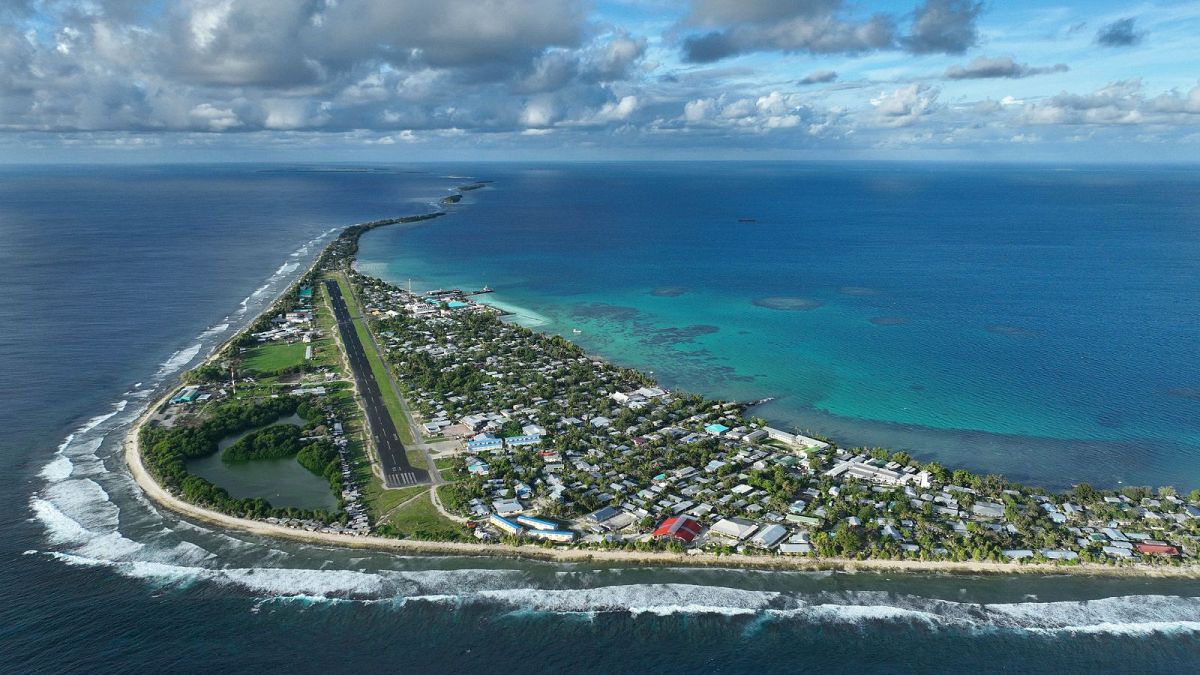

In a world where both environmental and political climates are rapidly changing, two recent developments offer insights into how communities are adapting with resilience and compassion. These stories, while borne out of challenging circumstances, underscore the human capacity for innovation and solidarity.
The Pacific nation of Tuvalu, a small island country at the forefront of climate change impacts, has brokered a significant agreement with Australia. This treaty provides Tuvaluans with a unique visa pathway to Australia, exemplifying a proactive approach to managing climate-induced displacement. As rising sea levels and extreme weather events threaten the very existence of Tuvalu, this agreement serves as both a beacon of hope and a stark reminder of the pressing need for global climate action.
This visa initiative is significant for two main reasons. Firstly, it offers a model for how nations might respond to the displacement challenges posed by climate change, recognizing the fluid nature of borders in the context of environmental crises. Secondly, it reflects a compassionate acknowledgement of the impacts of climate change on vulnerable communities, creating avenues for dignified resettlement. Though born from a “deeply saddening” reality, the treaty itself is a testament to international solidarity and the commitment to safeguarding human dignity and rights.
Across the globe, another partnership is addressing a different kind of mobility—educational access in the face of restrictive political policies. In North America, the University of Toronto and Harvard University have forged a pact to accommodate Harvard students who may be affected by visa restrictions implemented by the Trump administration. This agreement allows these students to continue their education in Canada if they are unable to enter the United States, illustrating the role of universities as bastions of opportunity and inclusion.
This arrangement exemplifies how academic institutions can collaborate to transcend geopolitical barriers, ensuring that students have uninterrupted access to education. It also reflects the persistent challenges and unpredictabilities of international education in an era marked by shifting political landscapes. The proactive measures taken by these universities underscore their commitment to fostering a supportive and inclusive educational environment, regardless of evolving external circumstances.
Together, these stories depict a world in motion, where communities and institutions are crafting innovative responses to navigate contemporary challenges. Whether it’s through climate resilience or ensuring educational continuity, these examples encourage a reevaluation of how resources and strategies can be mobilized to benefit individuals and communities alike.
The narratives from Tuvalu and the academic alliance between the University of Toronto and Harvard serve as gentle reminders of our shared responsibilities and the possibilities that emerge when humanity comes together to address common challenges. As these initiatives unfold, they inspire a hopeful vision for future collaborations that prioritize both human and environmental well-being.
Source: {link}
